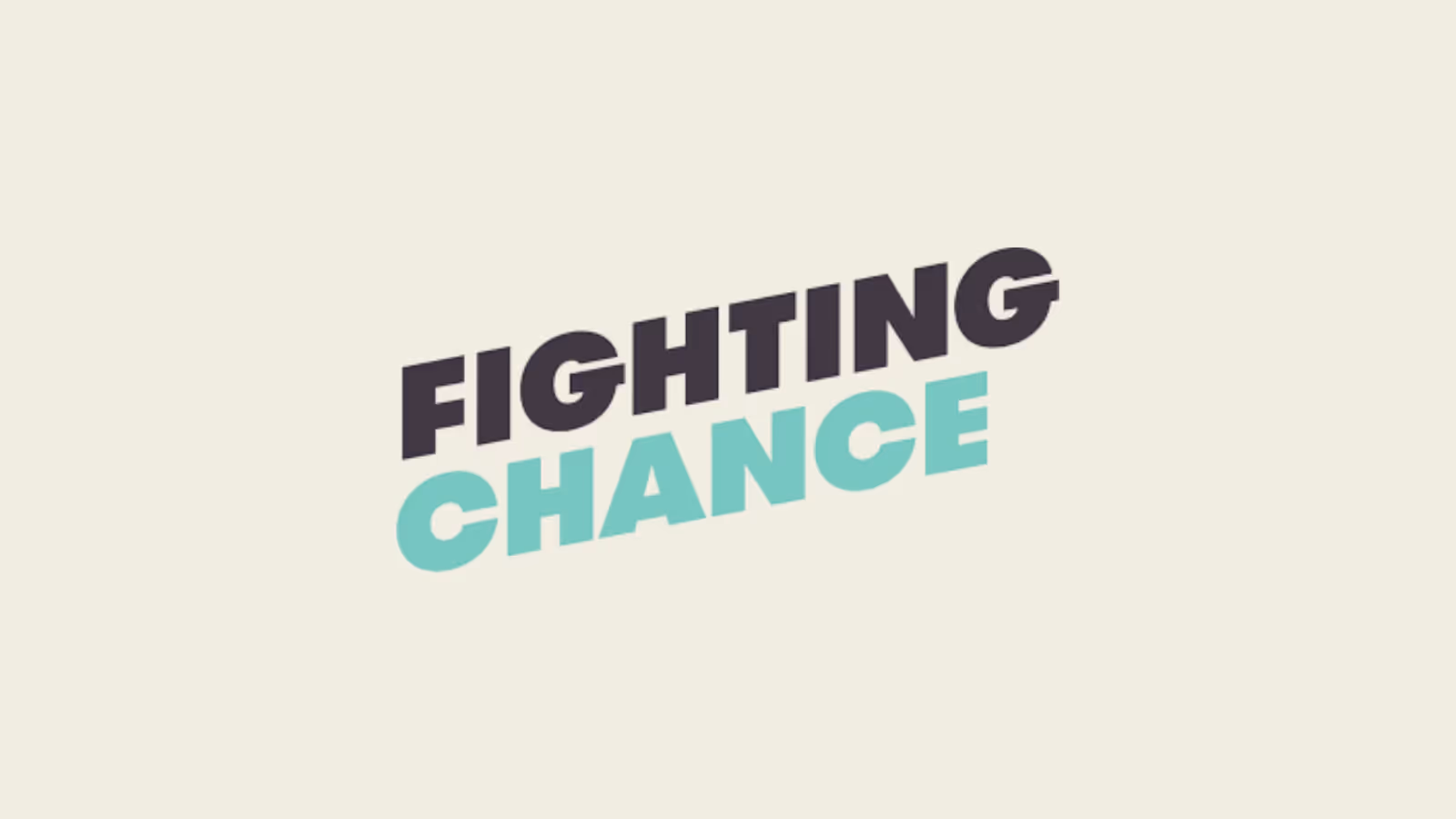Helping a Mate
Learn practical ways to support a mate who’s struggling with their mental health.

Content warning: this module contains references to suicide. If you need to talk to someone, or are in crisis, call Lifeline on 13 11 14
It’s hard to know what to do when you can see a mate struggling. Most of us want to help but we don’t know where to begin. We can worry that talking about the problem might make it worse; that it’s none of our business; or that we might say the wrong thing.
What makes trying to help a mate even harder is that everybody’s different – so what helps one person might not help another.
The truth is, though, that there are some things that you can reliably do to help a mate who is struggling. And luckily the things that help are pretty simple. The Australian Men’s Health Forum (AMHF) have developed a simple ABC strategy for helping a mate:
- Ask and listen
- Build a plan
- Connect to help
Ask and Listen
Asking what’s happening for someone and listening to what they say without judgement is the first step to helping a mate. Here are some tips to make asking and listening easier:
- Ask about facts: sometimes people having a hard time find it easier to talk about facts rather than feelings, so asking ‘what’s happening’ instead of ‘how are you feeling’ can be a better start to asking about what’s going on.
- e.g. ‘what’s happening with the kids’ rather than ‘how are you feeling about your parenting’
- Get moving: sitting down to talk face to face over a cuppa works for some people, but not for everybody. You can ask and listen while you do other things – and it can be easier for some people to talk ‘shoulder to shoulder’ rather than face to face. This means doing things together while you talk and listen – like going for a walk, run, or gym session together, or while you’re doing an activity you enjoy, like gaming or fishing.
- Pick your time and place: waiting until someone is calm, and you can talk with them privately, is likely to give you the best results. Most of us will only open up to people we trust, so a small group or one on one gives you the best shot at finding out where someone’s at.
- Be prepared for a brush off: often someone who is doing it tough won’t want to talk right away – but asking and showing you’re available to listen can lay a good foundation. Don’t take it personally, and keep the lines of communication open even when someone says ‘I’m right’.
- Make sure you’re OK to listen: ‘you can’t pour from an empty cup’, and ‘put your own oxygen mask on first’ are sayings for a reason. You can’t be a good listener if you’re in a bad way yourself. Make sure when you’re asking someone you’re OK yourself.
Build a Plan
Sometimes just having someone ask and listen is enough to help a mate feel like a burden has been lifted. And that’s great. But other times it might be helpful to make a plan with your mate about things they can do to help themselves, or what you might be able to do to help out. A lot of people like to find practical solutions to problems, and making a plan can help them feel more in control of the situation. Here are some strategies to help make building a plan helpful:
- Let the dust settle: if you’re trying to make a plan when someone is at a 10/10 level of emotional intensity (screaming, crying, or shut down and unresponsive), it’s unlikely to be a good plan. Do step one – asking and listening – first to let your mate get what’s bothering them off their chest. Once they’re feeling like the dust has settled a bit, then you can plan.
- It’s their plan: often we have great ideas for how our friends lives would be better, because we’re the experts in their lives, right? Nope. Your mate is the expert in their life and your role is to help them make a plan that works for them, not for you. If you’ve been through something similar – and you might well have, given that we all have tough times – it’s ok to gently offer what was helpful for you, but be very clear that you respect it might not work for them and that’s OK.
- Offer help but don’t take over: sometimes it can be really tempting to want to ‘fix’ all the broken things in our mate’s lives. But the best help we can be is to offer our friendship and support, rather than taking over. The reason is that, long term, taking charge of making a plan for how to help themselves will help your mate feel like they’re capable, and builds their skills. When you do it for them, they don’t get to build coping skills. Having said all this, there are often some really practical ways you can help out someone who is having a really tough time: things like mowing their lawn, helping out with school/sport drop offs and pickups, being part of a meal train, or setting up a regular time to do something together each week or month. These small, practical things can help a mate more than the big grand gestures or fixing it.
- Focus on actions: a good plan is all about action. If your mate feels like his mental health is trash, tackling the whole problem at once can feel overwhelming. But, if you can work with your mate to break it down into simple steps like…
- book a GP appointment
- schedule a counselling session
- have two alcohol free nights a week
Connecting to Help
Sometimes getting it off your chest and having a sounding board to help make a plan is enough to help a mate in crisis. But other times some extra help is needed. The good news is there are lots of help services available that your mate might not have heard about, but could find useful.
If you’re trying to help a mate, here are some helping organisations to keep in mind for a range of different problems.
- Mental Health/general support/good places to start
- Lifeline 13 11 14 – 24/7 crisis line, available to help over the phone
- Beyond Blue – https://www.beyondblue.org.au/get-support/talk-to-a-counsellor – offers both phone and online chat
- General Practitioner (GP) – there to help with both physical and mental health
- If you organisations has an EAP (like Foremind) their counsellors – free, confidential counselling offered by an employer, available online or over the phone
- Relationships
- Relationships Australia – subsidised counselling and mediation (sessions to help you resolve conflict with a partner or other person) offered in a range of locations around Australia
- 1800 RESPECT – national domestic family and sexual violence support line https://www.1800respect.org.au/about-us
- Mensline – free telephone and online counselling for men https://mensline.org.au/
- Money worries
- National Debt Helpline – https://ndh.org.au/ and 1800 007 007 – offers free, confidential financial counselling over the phone and online
- The bank – most banks have a hardship assistance area you can talk to about money worries – they can be helpful and worth a call
- Utility providers (electricity, water and gas) – like banks, most utility providers have a hardship assistance area that can talk with you about what you can do about outstanding bills, like making a payment plan
- Kids
- School, preschool, or your early learning center – a valuable source of help and one to get on side early if there are challenges with kids. Many schools also have school counsellors or psychologists who can help your family
- Parentline – 1300 30 1300 – free advice and counselling for parents, available 8am-10pm on the phone and 8am-9pm online
- The Gidget Foundation – https://gidgetfoundation.org.au/ – a not-for-profit with the mission of supporting new parents emotionally, offering counselling and support services
- Perinatal Anxiety and Depression Australia (PANDA) – https://panda.org.au/ and 1300 726 306 (Mon – Sat) – provides free support to parents in the first year of their child’s life
- Tresillian – https://www.tresillian.org.au/ and 1300 272 736 – provides support to families on all things baby, including looking after parental mental health.
- Grief and loss
- Griefline – https://griefline.org.au/ – offers counselling and support to people experiencing grief and loss
- National Centre for Childhood Grief – https://www.childhoodgrief.org.au/ – offers counselling for kids and teens who have lost a parent, sibling or other close loved one.
Remember that if your mate feels like they can’t stay safe, and they need immediate support, they can call 000 or Lifeline on 13 11 14.
Suicide and Staying Safe
Most people who are having a hard time are not thinking about suicide. Sometimes, though, when a person is having a hard time they can have thoughts of suicide. Not knowing what to do if someone starts talking about suicide is one of the big barriers to people asking about what’s going on when they notice a mate is struggling. It’s understandable, because suicide is a difficult thing to talk about.
It’s important to know that asking about suicide is not going to make someone more likely to do it. In fact, asking about suicide can help someone who is struggling stay safe.
It can be helpful to know what to do if your mate brings up suicide or self harm. If your mate is actively suicidal – that means about to harm themselves and unable to stay safe – the most important thing you can do is:
- get them help – by calling 000 or Lifeline on 13 11 14 who will be able to guide you through what to do
- stay with them until help arrives
- keep them safe if it’s safe for you to do so.
If your mate has some thoughts about suicide but isn’t in immediate danger, encourage them to:
- get help from Lifeline on 13 11 14
- talk with a GP and/or a counsellor about their suicidal thoughts and feelings
- keep talking to you or other people they trust
- call 000 or Lifeline on 13 11 14 if they cannot stay safe.
Remember you can always call Lifeline on 13 11 14 if you are worried about someone and are unsure of what to do.
The Last Word
Helping a mate is something we all want to do, but we often don’t know where to start. Keep the ABC framework in mind – ask and listen, build a plan, and connect to help – and you will be well equipped to look after someone you care about who is having a hard time. Remember it’s not on you to fix or solve it, but even just giving someone a chance to talk to can help a lot.
You also need to look after yourself when you are helping other people, so if you need to debrief book in a session with a counsellor, and do things to look after your own mental health.
This post has discussed suicide, which is a confronting topic. If you need support, please feel free to contact Lifeline on 13 11 14 or 000 if you need immediate help to stay safe.
Find out more about how Foremind is making access to mental health mainstream for workers and supporting companies manage their Psychosocial Hazard compliance!

Hello 👋 I’m Joel the founder of Foremind.
Are you ready for simplified support & compliance?
Latest insights
Answers to the frequently asked questions.
Email us at enquiries@foremind.com.au and we'll get back to you quickly with a response
Yes, we have culturally competent counsellors available, including those able to work with first nation and CALD employees.
Onshore on secure AWS Servers in Sydney Australia. All data is encrypted in transit and at rest and our entire team is located in Australia.
Employees can access our platform on any device (mobile, laptop, desktop, etc.) as long you have the website link - no need to download any app on devices. You wouldn’t need to enrol any of your staff individually.- When we do our onboarding, we ask for the first name, last name and email of all your employees, and send out an email invite to all them which will allow them to create their own individual account to access the platform. For new staff we can also invite them or provide you with a unique link to embed in your onboarding process, whichever is more convenient for you. We also kick things off with a launch webinar or video to make sure everyone is aware of Foremind and how to use it. We’ll also provide you with any collateral such as posters, QR codes, brochures etc. to help drive awareness and encourage people to create an account in the platform.
The support line is answered by our reception service 24/7. It is for urgent platform or session-related issues only (e.g. *“My counsellor didn’t show”*) or helping staff create an account.






